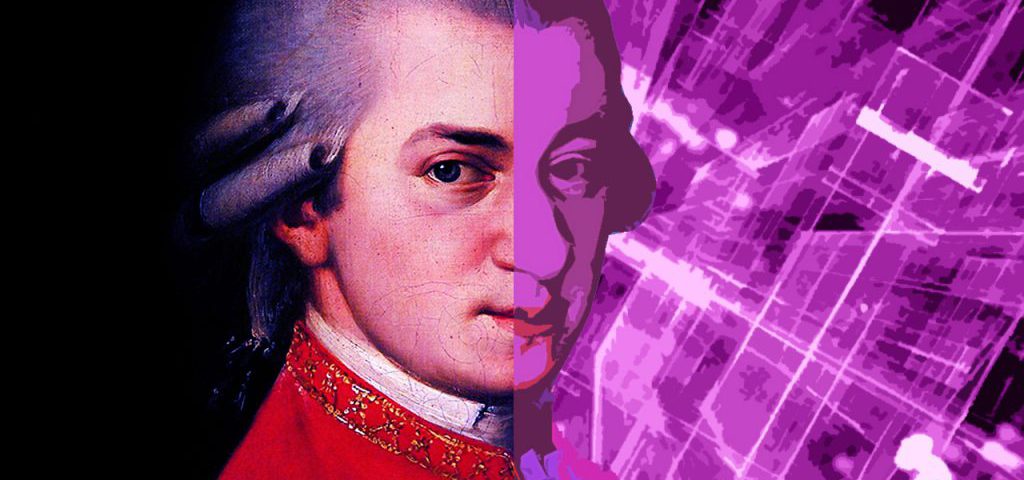AI in Music: Enhancing Performance through Technology
In a time when musicians are trying to understand how AI will change the music landscape, some musicians are finding ways to harness AI creatively.
Musicians need not be afraid of Artificial intelligence (AI), as it can be a powerful tool for artistic exploration and expression. While AI can automate aspects of music creation, it cannot replicate the distinctive human creativity, emotional depth, and interpretive nuances that musicians bring to their craft.
The revolution sparked by AI in the music industry extends to the realm of performance. Musicians now have access to invaluable assistance and feedback through AI-powered tools, facilitating enhancements in technique, interpretation, and overall musicality. These tools present significant opportunities for musicians to refine their performance skills and reach new levels of mastery.
Here are some ways in which AI can provide performance assistance:
Technique Analysis
One way AI is transforming performance is through technique analysis. Utilizing advanced algorithms, AI tools can analyze recordings or live performances, providing musicians with detailed feedback on their intonation, rhythm accuracy, dynamics, and articulation. This allows musicians to identify areas for improvement and focus their practice sessions efficiently, leading to tangible progress.
Practice Tools
AI-powered practice tools are another asset for musicians. These tools offer personalized exercises and practice routines tailored to individual needs. With functionalities like metronome features, pitch detection, and interactive play-along accompaniments, musicians can receive instant feedback, track their progress, and optimize their practice sessions for maximum improvement.
Interpretation Guidance
Interpretation guidance is yet another area where AI excels. By analyzing the performances of renowned musicians, AI algorithms can extract patterns and offer insights into phrasing, musical expression, and stylistic nuances. Musicians can explore different approaches and experiment with new interpretations while benefiting from AI models trained on expert performances.
Collaborative Performance
Collaborative performance experiences are also emerging with the help of AI. Musicians can interact with virtual accompanists or ensemble players, receiving real-time responses to their input. These AI-driven collaborations provide invaluable opportunities for practice sessions, rehearsals, and live performances, allowing musicians to play alongside virtual counterparts and expand their artistic horizons.
Real-Time Feedback
Real-time feedback during rehearsals or live performances is another valuable application of AI. Monitoring ensemble balance, suggesting adjustments in dynamics or timing, and offering insights on overall performance quality, AI tools can assist musicians in striving for a more refined and cohesive ensemble sound.
While AI offers significant benefits, musicians should maintain artistic judgment and interpretive autonomy. AI-powered performance assistance aims to augment musicians’ abilities, not replace their creativity or personal expression. AI is a powerful tool to empower musicians, helping them reach their full potential and deliver exceptional performances that captivate audiences and ignite their passion for music.
As the technology of AI advances, the possibilities for enhancing musical performance are endless. By embracing technology, musicians can leverage AI as a valuable ally in their artistic journey, unlocking new skill levels, expression, and musical exploration.
#AIinMusic #EnhancingPerformance #MusicalAdvancements

